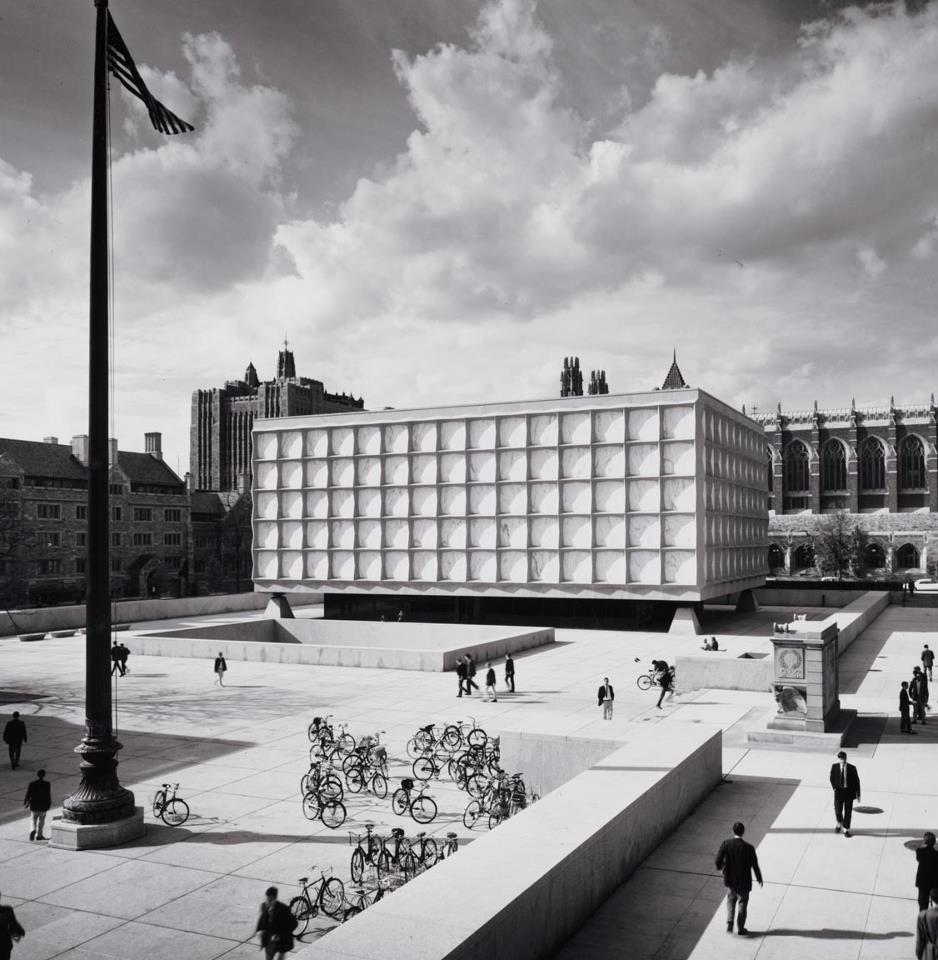Along His Way: James Weldon Johnson

Lift every voice and sing
Till earth and heaven ring,
Ring with the harmonies of liberty.
The well-known anthem Lift Every Voice and Sing, which opens with these words, was written by the diplomat, lawyer, author, songwriter, and teacher, James Weldon Johnson (1871-1938). The Beinecke Library, which holds Johnson’s papers, is honoring the African American leader this spring with a major exhibition on his life and works. Called Along His Way (the reference is to Johnson’s 1933 autobiography Along This Way ), the exhibition is on view until the end of June.
The Johnson exhibit was organized by Patricia C. Willis, curator of the Yale Collection of American Literature, with the assistance of Yale senior Emily Chiang. “Johnson was an extraordinarily talented and versatile individual,” according to Patricia Willis. “He was a leading figure of the Harlem Renaissance, as well as a pioneer for racial equality. We wanted to demonstrate that versatility in the exhibit, how his life as a political leader and teacher ran parallel to his literary and artistic career.”
As an author, Johnson is best remembered for the novel Autobiography of an Ex-Colored Man (1912), based on the life of his first law partner. One of the earliest books to explore the experiences of an African American passing as white, the novel achieved great popularity in the 1920s during the Harlem Renaissance. His other books include Fifty Years and Other Poems (1917), the anthology Book of American Negro Poetry (1922), two collections of American Negro Spirituals (1925 and 1926), and Black Manhattan (1930), as well as the verse sermons God’s Trombones (1927). Johnson also wrote over 200 songs for the the musical stage in collaboration with his brother, the composer John Rosamond Johnson.
The books, newspapers, scrapbooks, photographs, manuscripts, and memorabilia in the exhibit also document James Weldon Johnson’s distinguished career as an African American leader. Born in Jacksonville, Florida, Johnson received his bachelor’s degree in 1894 from Atlanta University. While teaching school in Jacksonville, he studied law and became the first African American lawyer admitted to the Florida Bar. In 1895 he founded the first black newspaper in the Jacksonville. In 1906, President Theodore Roosevelt appointed Johnson United States Consul to Venezuela, and from 1909 until 1914, he held a similar post in Nicaragua. Through the 1920s, Johnson served as the first field secretary of the National Association for the Advancement of Colored People (NAACP), lecturing and travelling widely around the United States to build membership. Beginning in 1932, Johnson taught literature at Fisk University in Nashville. He died tragically in Maine when his car was stuck by a train.
The Beinecke Library’s outstanding collection of African American arts and letters, founded in 1941 by the novelist and photographer Carl Van Vechten, is named in honor of Johnson. Today, the James Weldon Johnson Memorial Collection includes the papers of many figures of the Harlem Renaissance, including Johnson’s own, as well as a wealth of printed works, photographs, and ephemeral materials. Along His Way draws on this collection and others to present, as its final section, an array of books, manuscripts, and letters by Johnson’s friends, including W.E.B. DuBois, Clarence Darrow, W. C. Handy, Langston Hughes, Zora Neale Hurston, Claude McKay, Gertrude Stein, and Carl Van Vechten.